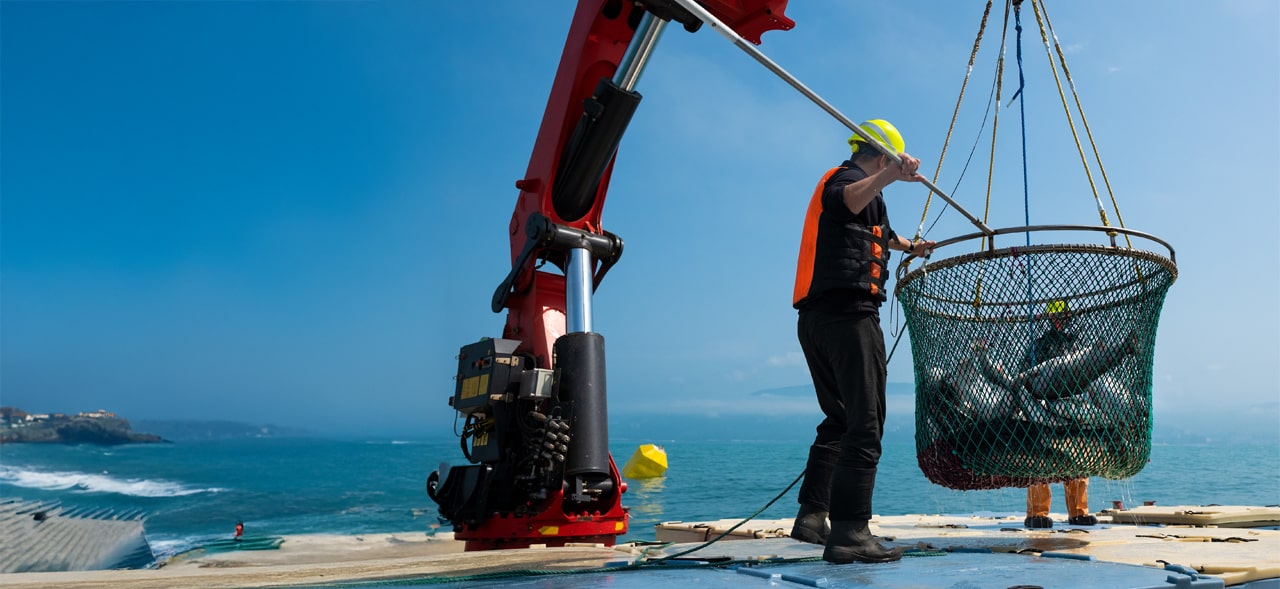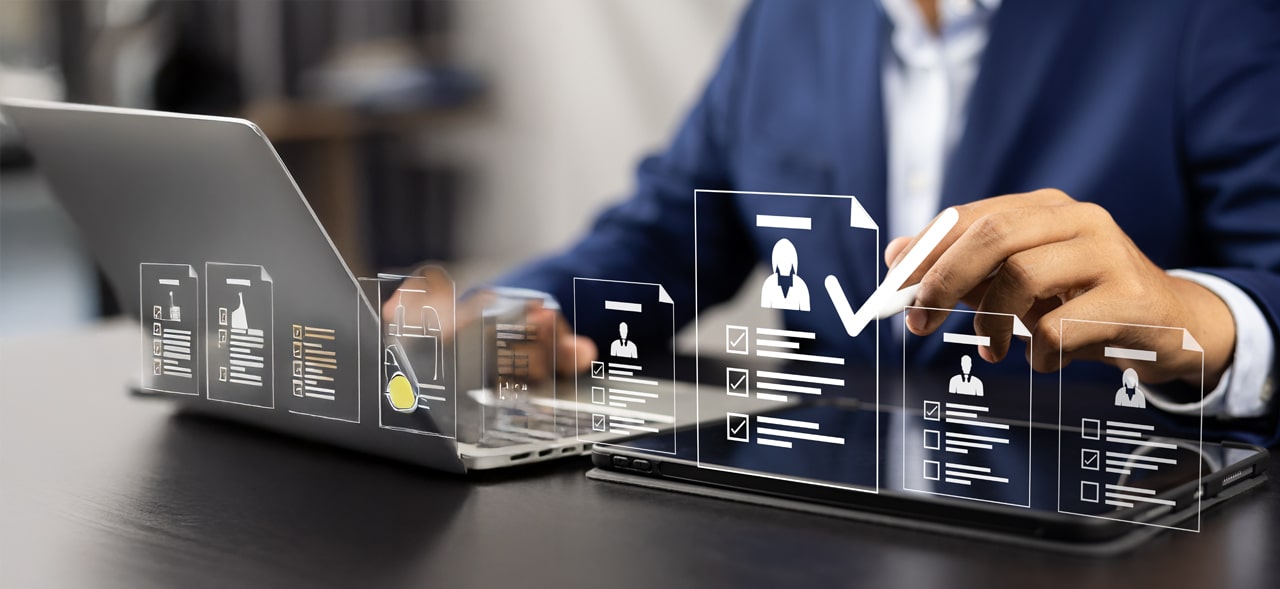
MSC partnered with Airtel Payments Bank (APB) to help diversify its offerings at agent points beyond traditional cash-in and cash-out (CICO) transactions. Through this partnership, we sought to scale the uptake of Suraksha, a bundled product that combines a digital savings account with an embedded insurance cover. We worked to strengthen APB’s last-mile communication and marketing ecosystem to boost agent confidence, build customer trust, and drive product adoption.
A risk of limited product understanding and mis-selling persists among rural and peri-urban agents with whom APB works. MSC sought to overcome these risks and designed a behaviorally informed communication toolbox for APB. This included culturally nuanced posters, banners, and localized pitch templates. We also developed WhatsApp-ready creatives, audio-visual content, and easy-to-explain scripts to support agents to engage customers proactively and address common concerns around savings and insurance. Our team used insights from rapid market studies to advise APB on customer persona-based targeting and nudging strategies across the marketing funnel, from awareness to activation.
These interventions translated into a 31-fold increase in agents who actively sold Suraksha, from 4,023 in May 2023 to more than 124,000 by March 2025. At the same time, customer engagement with Suraksha increased 138 times, from fewer than 15,000 to more than 2 million subscribers. As a result, Suraksha emerged as APB’s flagship product. It earned a position in the market as a “safe second savings account” and enhanced both agent viability and enterprise profitability.
The Gates Foundation commissioned this project.

As part of its strategic engagement with the Government of Indonesia, MSC supported BAPPENAS in developing a policy roadmap to accelerate the country’s blue food economy. The study examined the intersection of nutrition, environmental sustainability, small-scale fisheries, value addition, post-harvest loss reduction, and social equity to define a coherent, actionable framework for system transformation.
An integrated approach to blue food systems transformation
MSC’s analysis highlighted how these pillars support Indonesia’s broader development priorities—linking nutrition security with climate-smart livelihoods, and sustainable fisheries with inclusive value chains. The roadmap provided actionable recommendations across regulatory reform, investment priorities, and institutional coordination to operationalize Indonesia’s vision for a resilient and just blue food economy.
Strategic support to BAPPENAS
Through this collaboration, MSC contributed technical expertise, global best practices, and locally grounded diagnostics to help BAPPENAS define its long-term agenda for aquatic food system transformation. The roadmap laid a foundational evidence base for future inter-ministerial coordination and donor alignment and supports Indonesia’s global leadership in promoting nature-positive and nutrition-sensitive food systems. MSC continues working closely with national stakeholders to translate the blue food agenda into on-ground action, integrating it with school meals, public procurement, and coastal development programs that prioritize people and the planet.

Opportunity International Australia (OIA) recognized the need to realign its approach. This was done in response to the rapidly evolving microfinance and financial inclusion landscape, shifting client behaviors, digital adoption trends, and changes in the regulatory and socioeconomic environment. MSC supported OIA in its efforts to redefine its strategic direction in India and Indonesia and developed an efficient and forward-looking transformation roadmap.
We helped identify strategic priorities for the organization to remain relevant and impactful in a shifting development context. We accounted for increased digital adoption, a deeper policy focus on financial inclusion, and growth in demand for resilience-focused financial solutions. Our team conducted secondary research, analyzed program data, reviewed partner documentation, and used its deep market intelligence across Asia to generate insights on client aspirations, funding trends, and sector evolution.
The strategic roadmap developed by MSC articulated a set of high-potential focus areas for OIA, which included digital transformation of partner MFIs, strengthened gender-inclusive models, and expanded support for underserved communities through innovative financial solutions. The roadmap also offered guidance on market positioning, funding strategies, and alignment with Sustainable Development Goals (SDGs), especially those related to poverty reduction, women’s empowerment, and inclusive economic growth.
A key outcome of this engagement was a strategic blueprint that guided OIA to make informed decisions about its future direction in India and Indonesia. The engagement provided clarity on where and how OIA could drive the greatest value through a sharper focus on inclusion, adaptability to market shifts, and alignment with long-term development goals. It highlighted strategic levers for influence, investment, and innovation, rooted in a strong understanding of client aspirations, institutional readiness, and ecosystem opportunities.

HNB Grameen (HNBG) is a subsidiary of Hatton National Bank (HNB), a leading commercial bank in Sri Lanka. The company wanted to broaden its client segments and upgrade the use of technology. HNBG made a recent foray into the micro, small, and medium enterprises (MSME) market and introduced technology, such as point of sale (PoS) devices and ATMs. These developments implied that HNBG needed a fresh perspective toward business along with a new strategy.
MSC led a series of virtual interviews and subsequently, an onsite rapid institutional assessment. We conducted a market assessment to understand the market segments, competition, and products offered in Sri Lanka. Our sectorial analysis helped to examine the external environment on political, macroeconomic, socioeconomic, and technological aspects that may affect the strategy. The MSC team also conducted initial workshops with mid- and senior-level management to help them develop a structured approach to arrive at an institutional and department-level strategy.
We developed a strategic business plan to create a long-term roadmap. The plan predicted the future evolution of the Sri Lankan financial landscape. It laid out a clear roadmap that HNBG needs to follow to become and remain a market leader in financial services in Sri Lanka.
HNB Grameen Finance Limited commissioned the project.

MSC supported the Uttar Pradesh State Rural Livelihoods Mission (UPSRLM) to design and strengthen an efficient strategy to scale the BC Sakhi program across all 57,695 gram panchayats (GPs) in the state. The objective was to build a comprehensive, scalable, and sustainable model to ensure last-mile delivery of financial services, especially to underserved rural communities.
Through our approach, we identified gaps and best practices in existing BC Sakhi models, drawing from innovations in other states, and tailoring them to Uttar Pradesh’s unique socioeconomic context. MSC led a structured three-phase process—identification, assimilation, and pilot implementation—to enable effective adoption of new strategies. This included detailed stakeholder consultations, readiness assessments, and the development of capacity-building frameworks, operational roadmaps, and institutional mechanisms for efficient implementation.
The strategy incorporated systems for real-time performance monitoring, cross-functional coordination, digital integration, and adaptive learning. These elements were designed to enhance transparency, accountability, and the long-term sustainability of the BC Sakhi ecosystem. MSC also contributed to the digital transformation of the program through technical assistance support to help develop the BC Sakhi mobile app and web portal, which streamlined onboarding, training, and performance tracking.
Through these strategic interventions, MSC played a pivotal role in supporting UPSRLM to build one of India’s most ambitious rural financial inclusion programs, which positioned women as agents of change and ensured financial services are accessible at every gram panchayat. As a result, the BC Sakhi program has achieved significant operational milestones. More than 40,000 BC Sakhis have been successfully onboarded and trained, and serve more than 120 million rural residents across Uttar Pradesh.

TLM Cooperative is one of Eastern Indonesia’s largest microfinance institutions, which serves 350,000+ members across five provinces with limited digital and physical infrastructure. Since 2022, MSC has supported TLM in its journey of institutional strengthening and digital transformation.
MSC conducted a comprehensive digital transformation readiness assessment (DTRA) to evaluate TLM’s systems, processes, and organisational preparedness. The assessment identified several constraints, which included a fragmented and outdated core banking system (CBS), high manual workloads, a lack of integration across functions, and low IT capacity. MSC recommended a phased transformation roadmap centred around CBS replacement, business process digitization, and internal capacity building.
Following the DTRA, MSC supported the end-to-end implementation of a new CBS (Shakti by Qbrik). Our support included vendor contract review, requirement gathering, feature development oversight, user acceptance testing (UAT), training design, and data migration. We worked closely with TLM’s operations and IT teams to ensure practical, user-focused adoption of digital systems.
This intervention has enabled TLM to transition from paper-heavy, branch-dependent operations to a scalable digital foundation, including mobile-enabled field processes and automated savings and loan workflows. MSC also helped TLM shift from traditional group lending toward more flexible, individual, and SME lending models.
Opportunity International Australia commissioned the project





